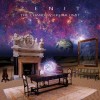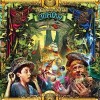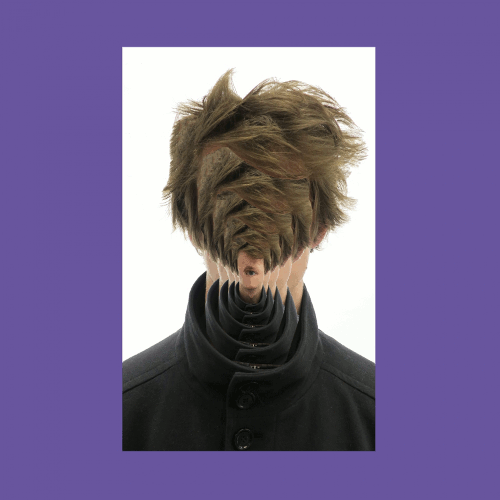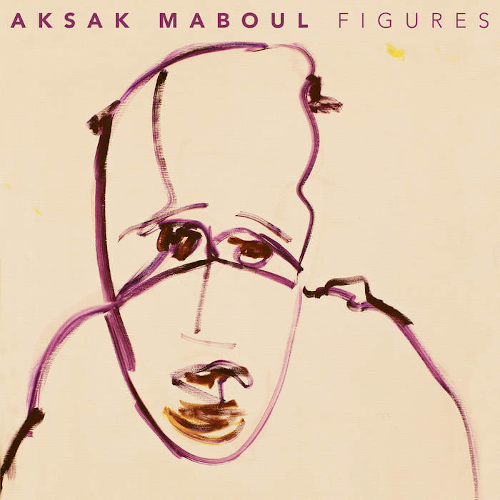 It seems that prog rock is alive and well in Europe again, which is a fantastic thing. And two of the countries that were most feverish about the original bands in the ’70s here prove their worth with these two releases from Galileo Records.
It seems that prog rock is alive and well in Europe again, which is a fantastic thing. And two of the countries that were most feverish about the original bands in the ’70s here prove their worth with these two releases from Galileo Records.
Zenit (from Switzerland) begin their album with with “Awaken” – not a cover of the Yes song, but an opus of their own. Acoustic guitars and gentle vocals open, before organ and drums hit in and the song take flight. Some wonderful Moog playing takes us through to a quiet piano section. The is very reminiscent of early Marillion at times; at other points, as in the lead guitar section, it feels sometimes we are knocking on the door of Rush. This hints more in the direction of the ’80s prog revival acts such as IQ. “Cub Lady” is a bittersweet acoustic interlude with a majestic bass line. Next up is “PiGreco,” a jaunty 9/8 style drum patterns scattered around underneath jazz piano chords. When the staccato chorus comes in I am reminded of early Magma. Some quite moving lead guitar feels out its more reflective middle section. The track ends with some epic Moog and guitar and an almost Steve Howe flourish.
“Matrimandir” has tribal drums and a sparkling Rick Wakeman-like lead keyboard line for its intro. From here on in we venture in to Yes eastern tonal territory, like a stripped back Topographic Oceans. Chanting vocals also help this analogy, and the vocals at time do sound like Mike Heron from the Incredible String Band. A lovely jazz workout middle section takes the track elsewhere with some guitar licks sounding like the late Peter Banks. When it moves into its acoustic section you can breathe in the influence of Trick of the Tail-era Genesis. Over its 17 minutes, the track takes you through various different landscapes but works best when it gets pastoral. “Pulsar” starts with a skiffle type shuffle that blends in with Howe-style atonlisms on guitar and some steady piano work. When the rhythm breaks through we are taken on a Asia style ride of how to play prog.
The last track on the album is “The Daydream Suite,” the bands 24 minute magnum opus. It opens with some rather pretty Tony Banks-style piano playing before we move into the song proper. With some rather uplifting singing and chords we move back into Marillion territory by way of Pink Floyd. The sections build into an apotheosis of light with touches of shade and it’s great to hear some proper Vocoder vocals as well. The album as whole is wonderfully well played with a lot thought going in to the arrangements especially on ‘Daydream…’ This is proper Prog from its lilting quieter moments to the bombast of its louder sections. Italian composer Cristiano Roversi’s album almost seems like a concept record. The opening track “Morning in AntiQua” is quite beautiful, all shimmering Anthony Phillips pastoral acoustic guitars and subtle piano. When the rhythm comes in the electric guitars take us skyward and its here that I hear the influence of Steve Hackett. “Tales from Solitude Suite” plays out like a marvellous atmospheric score for a Lord of the Rings-style movie, as uplifting chords move into a shadow aspect of darkness while the vocals spin their tragic tale. Here we touch upon early Genesis, especially with the acoustic guitars and Mellotron mixture. “L’amore” is a more straightforward love song similar in feel to Rush’s “Closer to the Heart,” with its lovely acoustic guitar and organ combination. “Nessie Revealed” piles on the atmosphere with Oberheim-sounding synths that create lush landscapes of other worlds.
Italian composer Cristiano Roversi’s album almost seems like a concept record. The opening track “Morning in AntiQua” is quite beautiful, all shimmering Anthony Phillips pastoral acoustic guitars and subtle piano. When the rhythm comes in the electric guitars take us skyward and its here that I hear the influence of Steve Hackett. “Tales from Solitude Suite” plays out like a marvellous atmospheric score for a Lord of the Rings-style movie, as uplifting chords move into a shadow aspect of darkness while the vocals spin their tragic tale. Here we touch upon early Genesis, especially with the acoustic guitars and Mellotron mixture. “L’amore” is a more straightforward love song similar in feel to Rush’s “Closer to the Heart,” with its lovely acoustic guitar and organ combination. “Nessie Revealed” piles on the atmosphere with Oberheim-sounding synths that create lush landscapes of other worlds.
These are two fine prog releases from Galileo, with fantastic artwork adorning both albums and a lot of care taken over both titles. If you are a prog fan check them out.
-Gary Parsons-



One thought on “Zenit – The Chandrasekhar Limit/Cristiano Roversi – AntiQua”
UK review of two Galileo records. http://t.co/z9JDcDpPfr